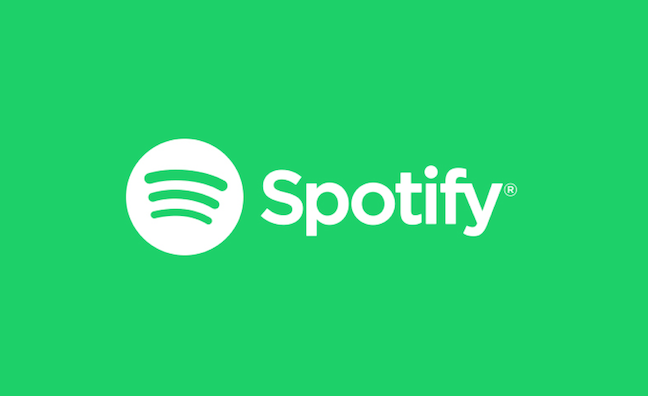Spotify has reported surging revenue and subscriber numbers in its financial results for the first quarter ending March 31, 2018.
It’s the streaming giant’s first set of figures since its IPO in New York and the greater scrutiny that brings. CEO Daniel Ek has pledged that there will be “transparency” about the activity of Spotify.
The Q1 results are broadly in line with the forecast in March. Spotify finished the quarter with 170 million monthly active users (up 30% year-on-year) and 75m premium subscribers (up 45%). The company has added 4m subscribers since its last announcement for the end of 2017.
However, Wall Street was clearly hoping for the firm to outperform its own forecast and shares plunged as much as 9% in after-hours trading.
In the earnings call, co-founder and CEO Daniel Ek was optimistic about the growth potential. "We think that the online opportunity in music is billions of people," he said.
Ek stressed that there were no plans for price increases in the "near term" and he was untroubled by competition from Apple Music.
"We don't see any kind of meaningful impact with competition," he said. "We don't think this is a winner-takes-all market. We think multiple services will exist in the market and we are all in a growing market."
Total revenue was €1.139 billion (£1.003bn), a year-on-year increase of 26% (37% on a constant currency basis). Gross margin was 24.9% in Q1, slightly above the forecast guidance. Spotify has prioritised growth over profitability, though its operating loss of €41m (£36.1m) was lower than the €50-80m forecast.
However, average revenue per user (ARPU) was dragged down by the growth in family and student plans as well as expansion into Latin America (described diplomatically as “relatively lower ARPU geographies”). ARPU was €4.72 (£4.16) in Q1, down 14% year-on-year (6% at constant currency).
Premium revenue was €1.037bn (£937m) in Q1, up 25% year-on-year (36% at constant currency). Ad-Supported revenue was €102m (£89.8m) in Q1, up 38% year-on-year (55% on a constant currency basis). The average monthly premium churn rate for the quarter fell below 5%, a "significant milestone" according to the statement.
“Ad spending continues to grow faster on our mobile platform, which comprises a majority of ad revenue,” said the company statement. “From a product perspective, video is our fastest growing source of revenue, while audio remains our largest source of revenue and continues to experience solid growth.”
Ek also emphasised the benefits to artists of working with Spotify.
"We do think there are huge inefficiences in the way artists are being taken to market today," he said. "We think we can play a huge role in connecting more artists with more fans."
As of March 31, Spotify had 3,813 full-time employees and contractors globally, with R&D making up the greatest share of hiring in the quarter, accounting for almost half of the added headcount.
Spotify held €1.6bn (£1.41bn) in cash, equivalents and short-term investments.
For the full year, its forecast of 92-96m premium subscribers and 198-208m MAUs is unchanged. In Q2, premium subscribers are expected to reach up to 83m.
The company has already been busy since its IPO, including a Cadillac partnership, the acquisition of Loudr, a Hulu bundle offer and the revamp of its ad-funded free mobile app. Ek said the on-demand functionality added to the free service had resulted in "really, really good" customer feedback and will lead to "more growth in the future".
Spotify is also benefiting from the growth in voice control for streaming services, though it does not - yet - have its own smart speakers unlike streaming rivals Amazon and Apple.
"We do see our share of voice growing," said Ek. "We view that long-term as an opportunity not a threat."
During Q1, Spotify also expanded into new territories taking its total to 65. The company said it experienced strong growth in Asia and increasing momentum in Japan. "It's a very big market that we're excited about," added Ek.
Its financial statement also noted the streaming growth in the IFPI’s global music report. At 38%, streaming is now the single biggest revenue source for recorded music.
The earnings call revealed that the US is the largest and the most profitable market for Spotify.









